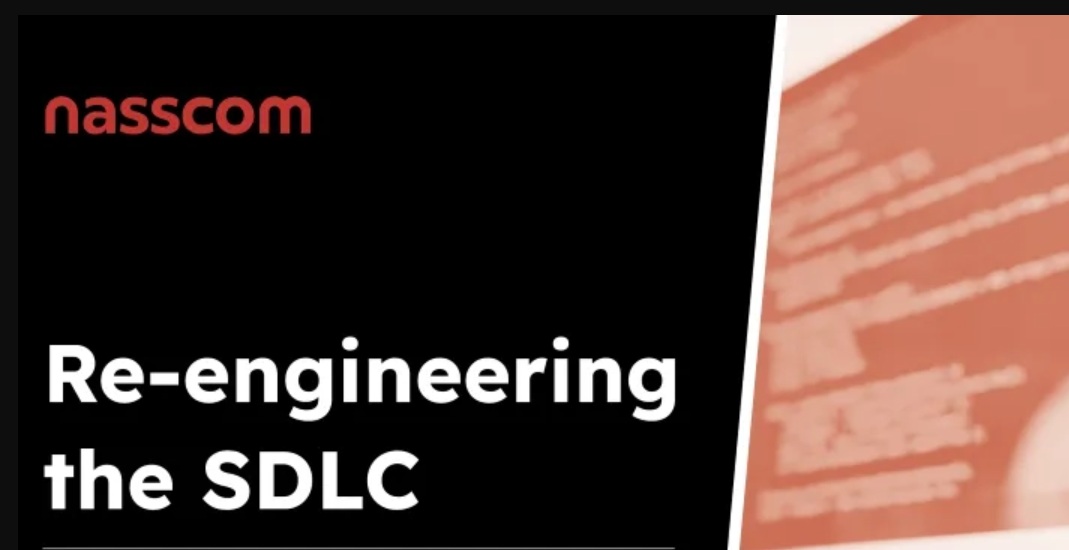AI Transforming Every Phase of Software Delivery
Global AI spending in SDLC is projected to nearly triple from $235 billion in 2024 to $630 billion by 2028, with generative AI accounting for a significant portion.
FinTech BizNews Service
Mumbai, July 26, 2025: The Software Development Life Cycle (SDLC) has traditionally been a structured, manual process involving planning, design, development, testing, deployment, and maintenance, often being time-consuming and prone to errors. However, the emergence of Artificial intelligence (AI) is transforming the SDLC by integrating capabilities like data analysis, pattern recognition, automation, and predictive modeling into every stage. This shift is leading to increased speed, precision, and intelligence in software development, enabling higher-quality software delivery faster and more efficiently. The growing adoption of Generative AI is further accelerating this change, moving the focus beyond just code generation towards pipeline intelligence and automated decision-making. This report highlights the ways AI is changing every phase of the SDLC.
Key Highlights
- Rapid market growth and adoption underscore AI's importance: Global AI spending in SDLC is projected to nearly triple from $235 billion in 2024 to $630 billion by 2028, with generative AI accounting for a significant portion. Over 76% of developers are already using or planning to use AI tools, indicating widespread adoption
- AI transforms every SDLC stage into an intelligent, efficient, and innovative powerhouse: AI streamlines the SDLC by predicting requirements, generating designs, accelerating coding with real-time reviews, revolutionizing testing with automation and self-healing capabilities, enabling predictive deployments with automated rollbacks, and ensuring proactive issue detection and troubleshooting in maintenance
- AI positively impacts business and employee satisfaction: 99% of developers using AI tools report time savings, with 68% saving over 10 hours per week, leading to improved satisfaction, reduced repetitive stress, and higher engagement from focusing on creative work. Project managers also report faster decision-making and higher project satisfaction
- Challenges necessitate new approaches and human oversight: Organizations face technical risks like AI hallucination and buggy code, data privacy concerns, and evolving security and compliance needs. Upskilling teams for AI-driven workflows, managing organizational change, and addressing rising infrastructure costs are crucial for sustainable adoption, with human oversight remaining essential
- AI is rapidly evolving into an indispensable co-pilot across the entire SDLC: shifting developer roles to focus on AI oversight and prompt engineering, while also extending AI-powered assistance to non-technical roles like project management, QA, and DevOps
